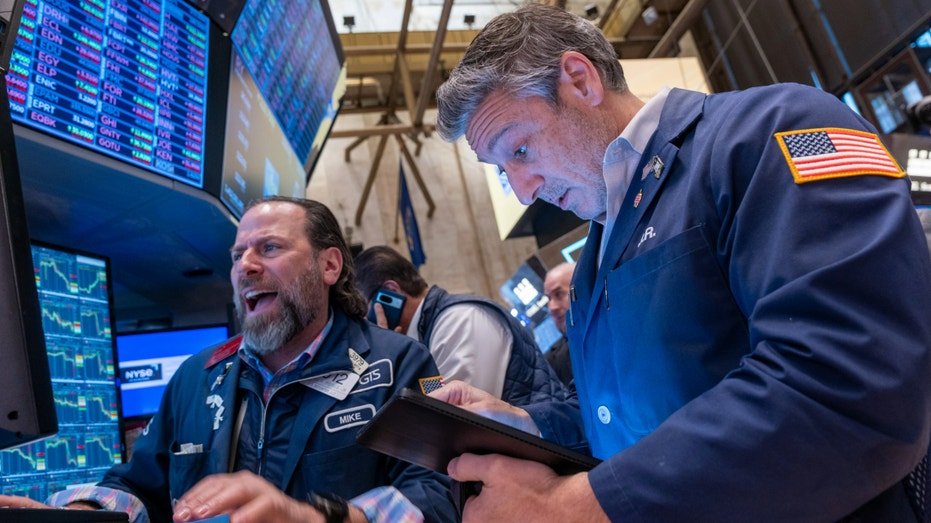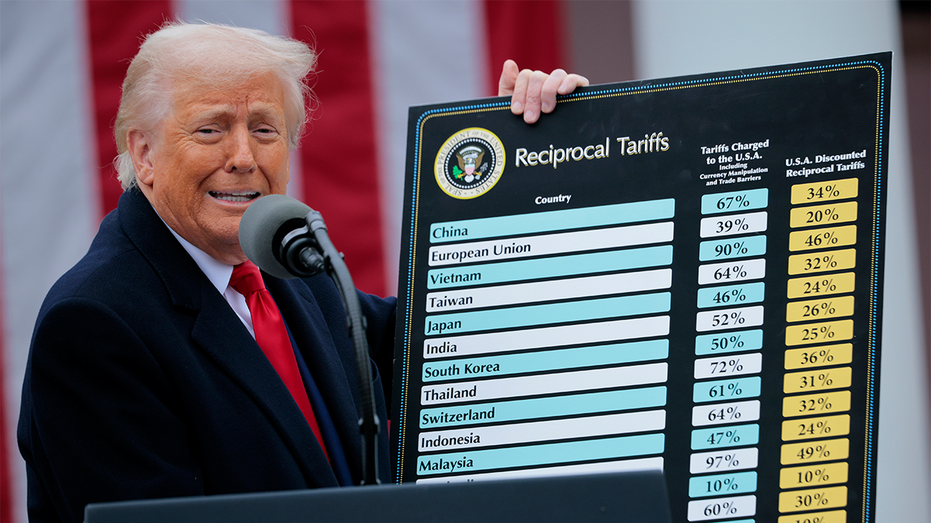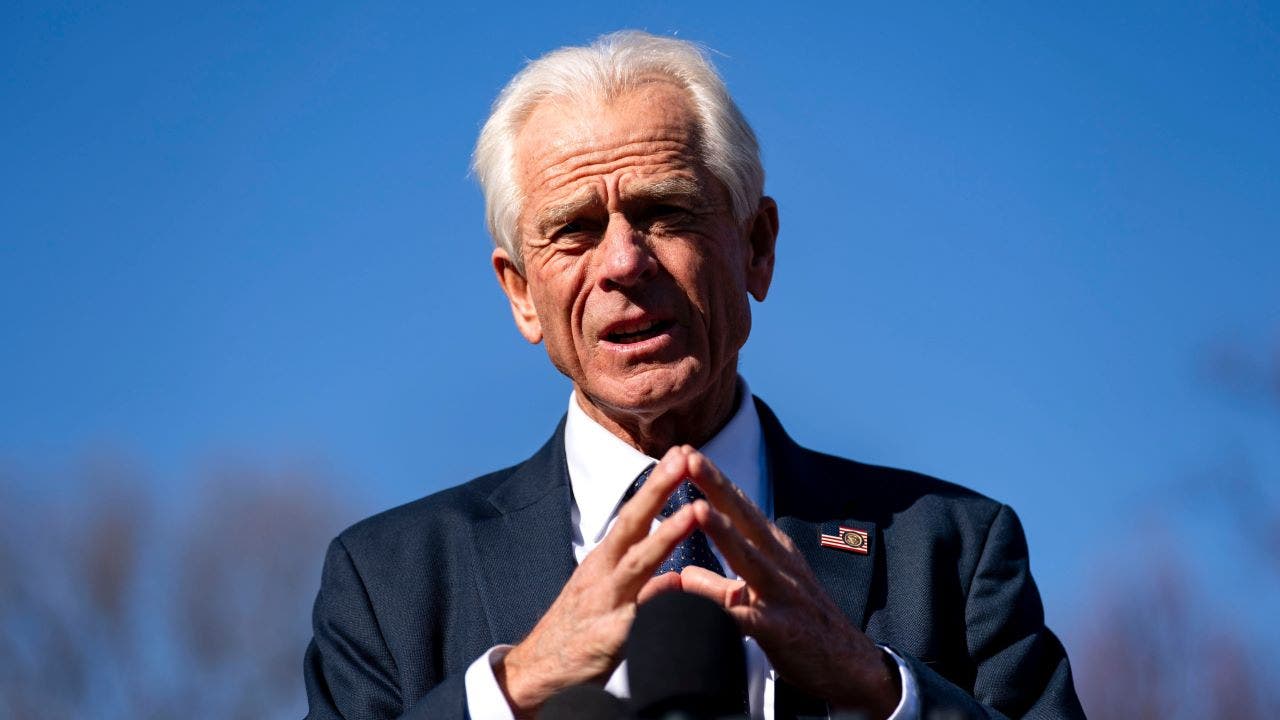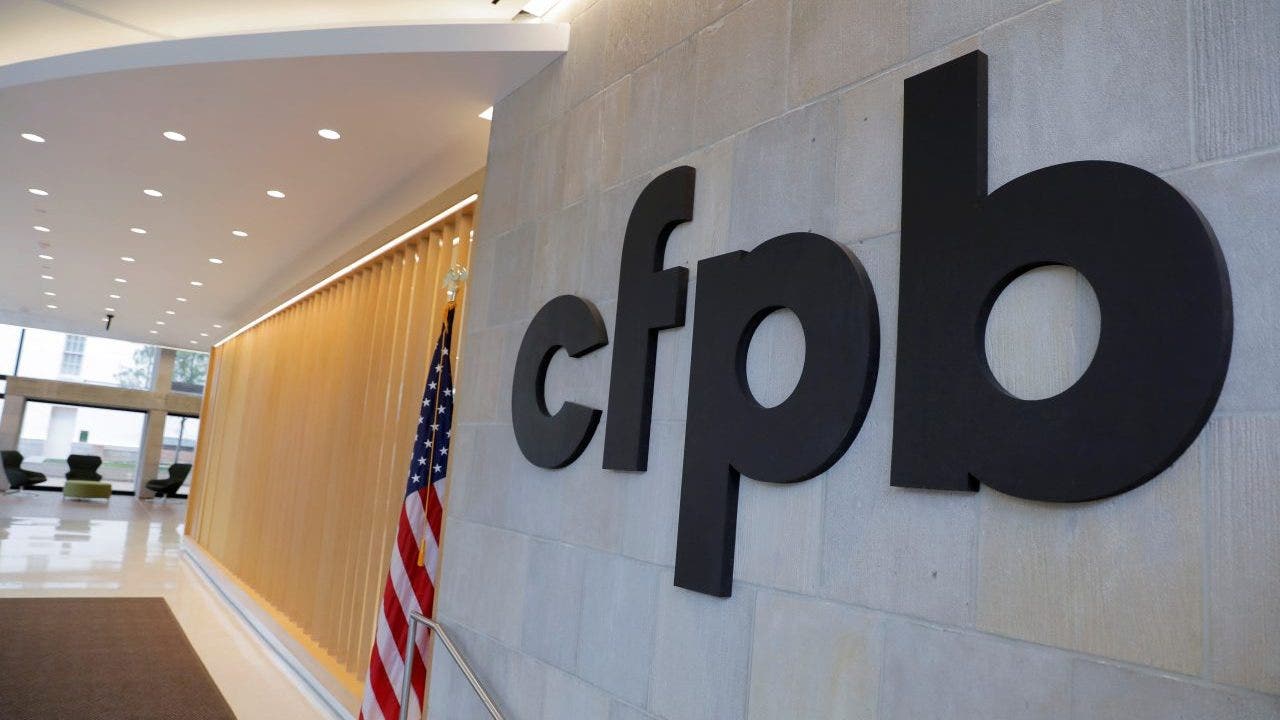President Donald Trump on Wednesday announced a 90-day pause on his “reciprocal” tariffs taking effect to allow negotiations to proceed with trading partners that hadn’t yet retaliated, which one of his main advisors touted as showing the progress made in bringing other countries to the table.
White House senior trade counselor Peter Navarro appeared on FOX Business Network’s “Making Money with Charles Payne” following the announcement and said the pause will provide time to negotiate new deals.
“This is one of the greatest days in American economic history we have had,” Navarro said. “I think we’re going to call it the ‘art of the reciprocal trade deal.’ I’ll tell ya, all the nervous Nellies on Wall Street who try to undermine us consistently underestimate the power of the president to negotiate.”
“What have we got here? We are at a place now where we have a broad-based 10% global tariff on while we negotiate over the next 90 days with all of these countries who have come to us,” Navarro said. He added that the mission “in these negotiations is to dramatically reduce our trade deficit, level the playing field, get rid of all the tariff differentials, get rid of all the non-tariff barriers.”
TARIFF PAUSE DUE TO TRUMP WANTING TO BE ‘PERSONALLY INVOLVED’ IN NEGOTIATIONS: BESSENT
Navarro wrote earlier this week in an op-ed published in the Financial Times, “This is not a negotiation,” and that, “For the U.S. it is a national emergency triggered by trade deficits caused by a rigged system.”
In the interview Wednesday, Navarro said the reciprocal tariffs – which the White House initially said were based on other countries’ tariff rates, trade barriers and currency policies, but were ultimately based on the size of bilateral trade deficits – ultimately led to other countries calling for negotiations to improve trade terms.
“We put out there a set of reciprocal tariffs that reflect the crushing trade deficits that we have with these countries,” Navarro said on Wednesday. “I said at the beginning, no negotiation – it’s not that, it’s a national emergency – but we will listen. And what we heard immediately was beautiful, these countries want to come to us. Lower not just their tariffs, but their non-tariff barriers.”
BESSENT WARNS CHINA ON CURRENCY MOVES, SAYS BOND MARKET ‘DELEVERAGING’ ISN’T SYSTEMIC ISSUE

“Making Money” host Charles Payne told Navarro how on Friday, he suggested in a post on X that to calm the markets the Trump administration needed to show movement on the tax cut package, announce at least one tariff deal and have Treasury Secretary Scott Bessent take a more prominent role in messaging.
He explained that it seemed like Navarro and Commerce Secretary Howard Lutnick were “mucking up the public relations aspect” of the tariff plans with Bessent now “in the driver’s seat” of leading the trade policy messaging.
BESSENT SINGLES OUT BEIJING AMID TARIFF PAUSE: ‘THEY ARE THE PROBLEM FOR THE REST OF THE WORLD’

Navarro responded, saying Payne shouldn’t “believe everything you read in the fake news.” He also explained in the interview that Trump’s team gets along internally and that they each bring their own attributes and ideas to the White House policy debate.
“[Steve] Bannon said this once during the first term, I’m the default strategy, in a way. If they don’t want to cooperate, then they get tariffs. If they cooperate, we talk to them, I mean it’s a beautiful thing,” Navarro said. “If you went behind the scenes and actually sat in on some of these meetings, we got really smart people, each has their own comparative advantage. We all get along, we all have great ideas.”
“All I’ve ever said is, this is not a negotiation, it’s a national emergency, the president will talk to anybody, and then we love what we’ve heard. And it’s all consistent,” Navarro added. “It is a national emergency, let’s not lose sight of that.”
Trump’s move on Wednesday pauses the higher “reciprocal” tariffs for countries that are seeking negotiations with the U.S. for a 90-day period, when a lower 10% rate will be applied.
Other sector-specific tariffs will remain in effect, as will the China tariffs that have been increased to 125%.












